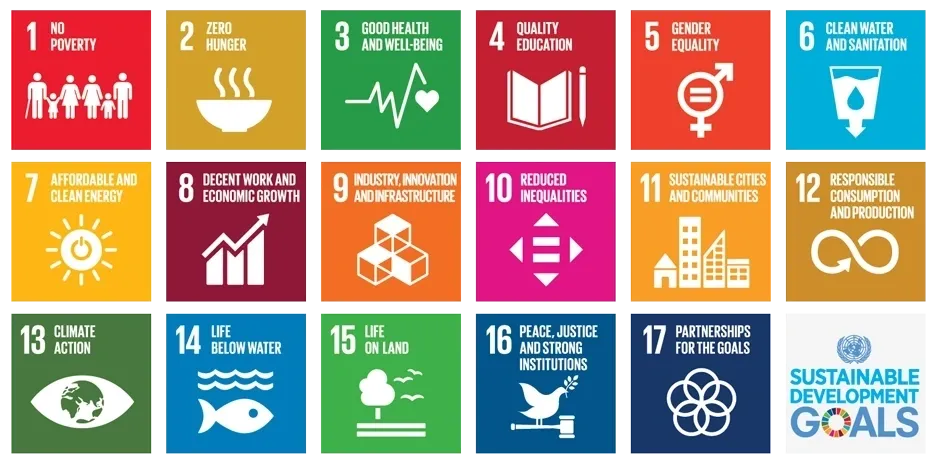In the field of sustainability there is a strong understanding that the private sector has a critical role to play in building a more sustainable future.
Corporate sustainability reporting
What that future actually looks like is contested, however over time the United Nations Sustainable Development Goals (SDGs) have become the most broadly accepted and widely recognised taxonomy of sustainability metrics. Worryingly, the UN Statistics Sustainable Development Goals Report 2022 recently identified eight of the seventeen goals as having significant data gaps, which is seen to prohibit progress in achieving the goals by their 2030 target. Corporate sustainability reporting is being increasingly seen as an important way to fill that data gap. The Global Reporting Initiative (GRI) Chief External Officer commented that “Accurate and robust reporting from the private sector offers businesses, policymakers and other stakeholders highly valuable data to inform how [the SDGs] can be achieved”.
ESG data and reporting
To help companies align their ESG reports with the SDGs, the GRI have produced a 600-page document which links the sections of frequently used reporting standards with the relevant goal, as well as a “reporting in practice” compendium of excellent examples of reporting alignment with the SDGs. They are also facilitating a two-year Business Leadership Forum on ‘Corporate reporting as a driver to achieving the Sustainable Development Goals’ to try and raise the bar on corporate SDG reporting.

Ensuring that ESG report data can be utilised to monitor, measure and hopefully help achieve the SDGs should be a focus of any reporting entity. It truly shifts the answer to ‘Why report?’ from “obligation” to “motivation”. That is to say – what companies do, and how they do it, impacts both people and the planet.
To find out more about how we can support your organisation’s sustainability reporting and planning, contact us.
Better Planning. Better Planet.


